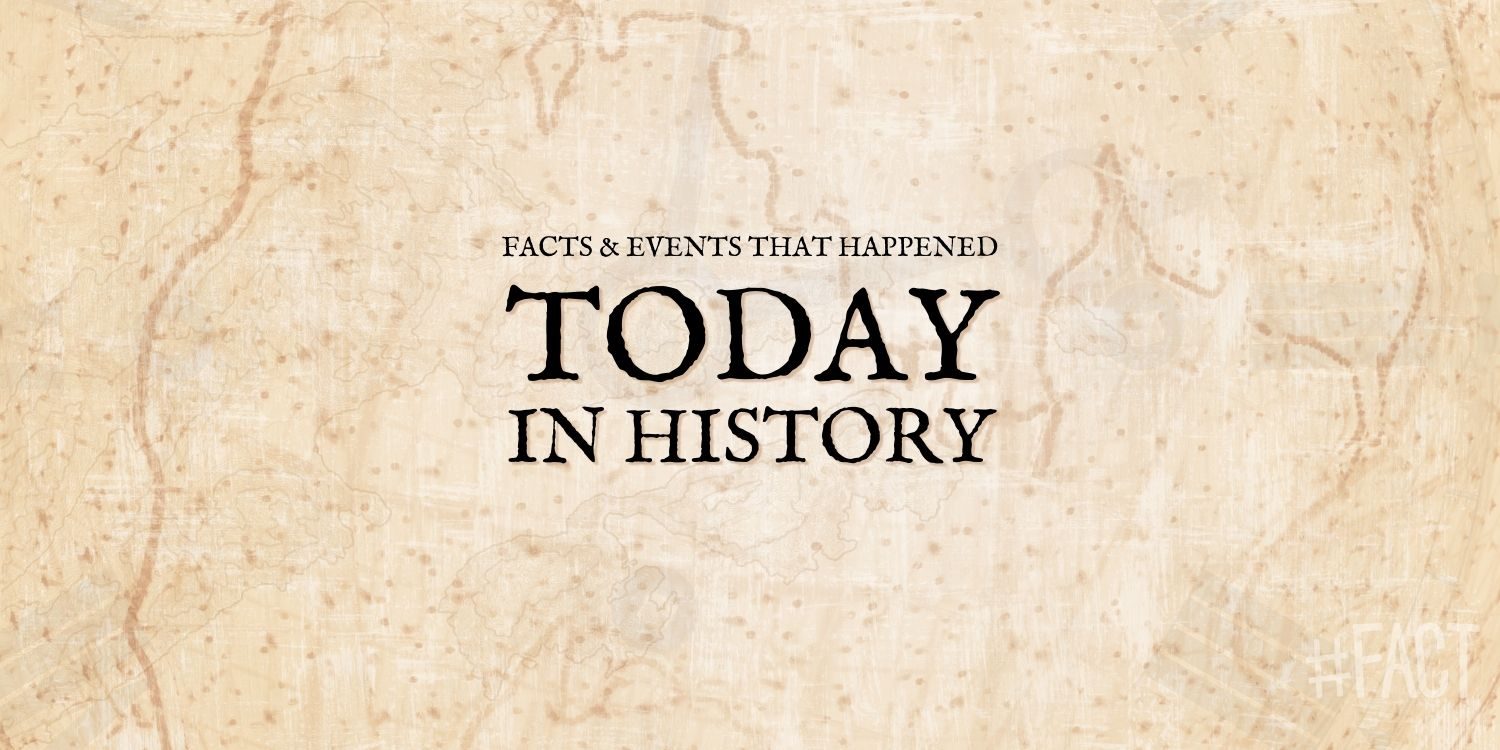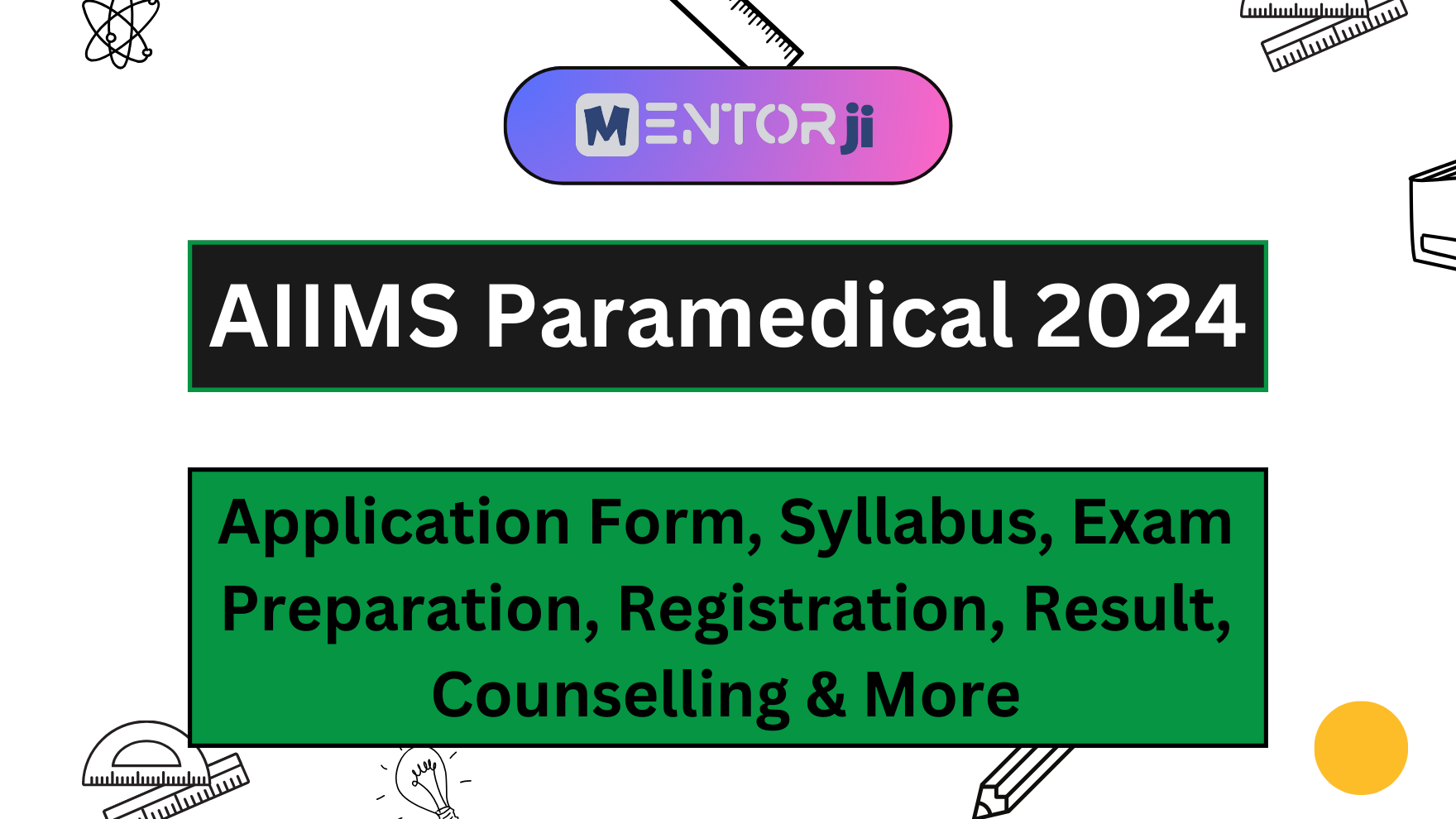
28 October – Today in History (English)
National (India):
1492 – Christopher Columbus discovered Cuba during his first voyage to the Americas, marking an important step in global exploration that later influenced colonial history, including India.
1940 – Subhas Chandra Bose formed the Forward Bloc after resigning from the Indian National Congress, strengthening India’s revolutionary independence movement.
1955 – India’s first cinema scope film Kagaz Ke Phool (by Guru Dutt) began production — a landmark in Indian cinematic history.
1984 – Prime Minister Indira Gandhi returned to New Delhi after her final public tour of Odisha; she was assassinated three days later.
1999 – Cyclone 05B (Odisha Super Cyclone) continued to devastate eastern India, causing widespread destruction across Odisha and Andhra Pradesh.
International:
312 AD – Constantine the Great entered Rome after winning the Battle of the Milvian Bridge, marking the rise of Christianity in Europe.
1636 – Harvard University was founded in Cambridge, Massachusetts — the oldest higher education institution in the U.S.
1886 – The Statue of Liberty was officially dedicated in New York Harbor by U.S. President Grover Cleveland; it remains a global symbol of freedom.
1918 – Czechoslovakia declared independence from the Austro-Hungarian Empire.
1922 – Benito Mussolini’s “March on Rome” began, leading to the establishment of fascist rule in Italy.
1962 – The Cuban Missile Crisis ended after the U.S. and the Soviet Union agreed to remove missiles from Cuba and Turkey, respectively.
2007 – Cristina Fernández de Kirchner became Argentina’s first elected female president.
2013 – Cyclone Phailin’s aftermath continued to impact coastal India with heavy rains and floods.
Births:
1466 – Desiderius Erasmus, Dutch philosopher and theologian.
1793 – Eliphalet Remington, American firearms inventor (Remington Arms).
1914 – Jonas Salk, American medical researcher who developed the first polio vaccine.
1955 – Bill Gates, co-founder of Microsoft and philanthropist.
1967 – Julia Roberts, American actress and Oscar winner.
Deaths:
1704 – John Locke, English philosopher known as the "Father of Liberalism."
1949 – Sarojini Naidu’s brother Harindranath Chattopadhyay, Indian poet and dramatist, passed away.
1972 – Ezra Pound, American poet.
2016 – Janet Reno, first female U.S. Attorney General.
🗓 28 अक्टूबर – आज का इतिहास (Hindi)
राष्ट्रीय घटनाएँ:
1940 – सुभाष चंद्र बोस ने फॉरवर्ड ब्लॉक (Forward Bloc) की स्थापना की, जब उन्होंने भारतीय राष्ट्रीय कांग्रेस से इस्तीफा दिया था।
1955 – भारत की पहली सिनेमास्कोप फिल्म कागज़ के फूल (गुरु दत्त द्वारा) का निर्माण शुरू हुआ — जो भारतीय सिनेमा के इतिहास में एक मील का पत्थर बनी।
1984 – प्रधानमंत्री इंदिरा गांधी अपनी ओडिशा यात्रा से दिल्ली लौटीं; यह उनका अंतिम सार्वजनिक दौरा था।
1999 – ओडिशा सुपर साइक्लोन ने पूर्वी भारत में तबाही मचाई, जिससे हजारों लोगों की मृत्यु हुई और लाखों बेघर हुए।
अंतरराष्ट्रीय घटनाएँ:
1636 – हार्वर्ड विश्वविद्यालय की स्थापना कैम्ब्रिज, मैसाचुसेट्स में हुई — यह अमेरिका का सबसे पुराना विश्वविद्यालय है।
1886 – स्टैच्यू ऑफ लिबर्टी को न्यूयॉर्क हार्बर में अमेरिकी राष्ट्रपति ग्रोवर क्लीवलैंड ने राष्ट्र को समर्पित किया।
1918 – चेकोस्लोवाकिया ने ऑस्ट्रो-हंगेरियन साम्राज्य से स्वतंत्रता की घोषणा की।
1922 – बेनीटो मुसोलिनी ने रोम पर मार्च (March on Rome) शुरू किया, जिससे इटली में फासीवादी शासन की स्थापना हुई।
1962 – क्यूबा मिसाइल संकट का अंत हुआ; अमेरिका और सोवियत संघ ने परमाणु हथियार हटाने पर सहमति जताई।
2007 – क्रिस्टिना फर्नांडीज डी किर्चनर अर्जेंटीना की पहली निर्वाचित महिला राष्ट्रपति बनीं।
जन्म:
1793 – एलीफलेट रेमिंगटन, अमेरिकी आविष्कारक, जिन्होंने Remington Arms की स्थापना की।
1914 – जोनस साल्क, अमेरिकी वैज्ञानिक जिन्होंने पोलियो वैक्सीन का आविष्कार किया।
1955 – बिल गेट्स, माइक्रोसॉफ्ट के सह-संस्थापक और प्रसिद्ध परोपकारी।
1967 – जूलिया रॉबर्ट्स, प्रसिद्ध अमेरिकी अभिनेत्री और ऑस्कर विजेता।
मृत्यु:
1704 – जॉन लॉक, अंग्रेज़ दार्शनिक, जिन्हें “Father of Liberalism” कहा जाता है।
1972 – एज्रा पाउंड, अमेरिकी कवि।
2016 – जेनेट रेनो, अमेरिका की पहली महिला अटॉर्नी जनरल।
Comments (0)
Categories
Recent posts


AIIMS Paramedical 2024: Application ...
13 Jun 2024
10 October 2023 Today in History ...
10 Oct 2023
JEE Advanced Question Paper 2024 - JEE ...
10 Sep 2023



